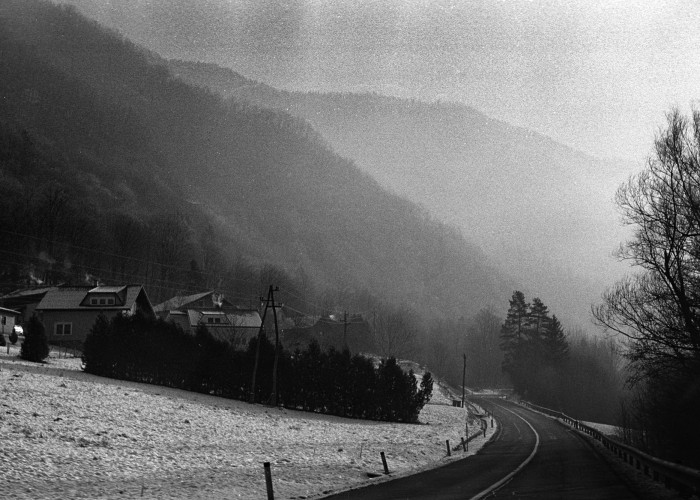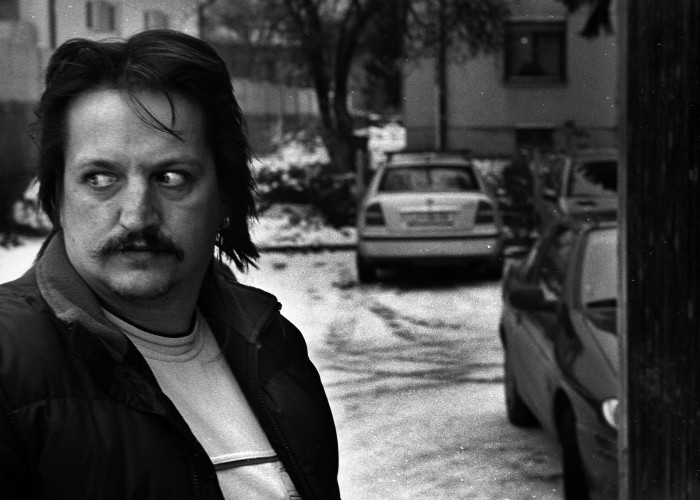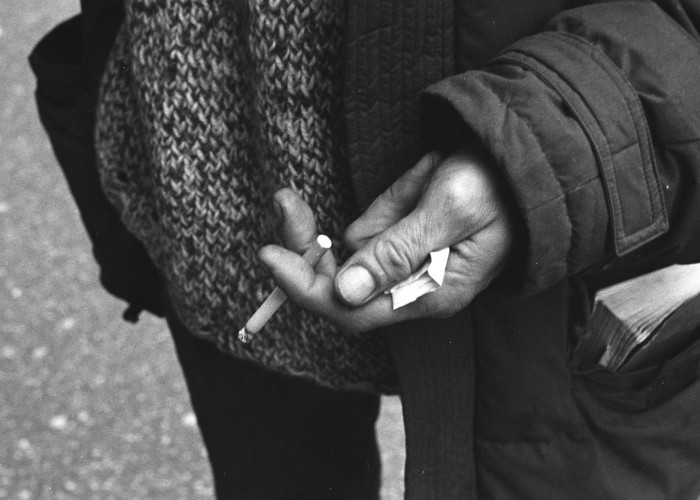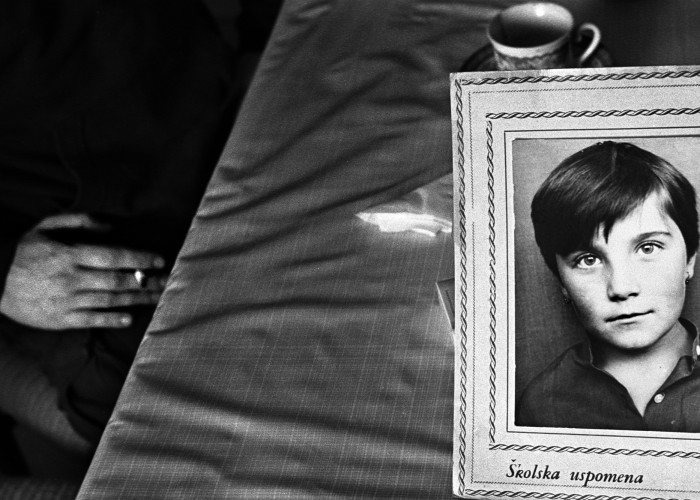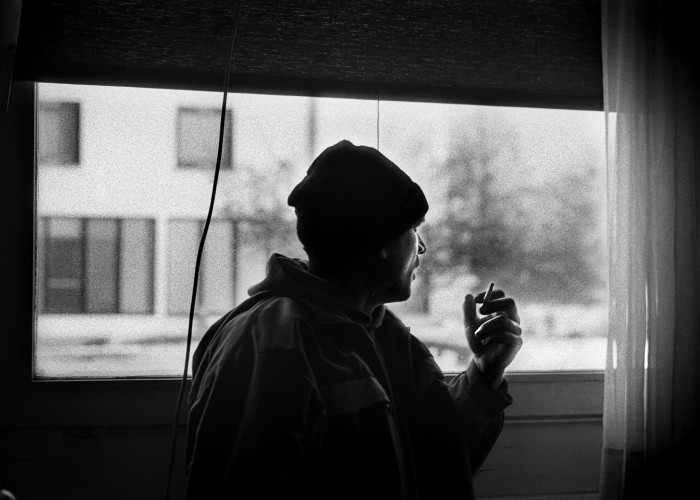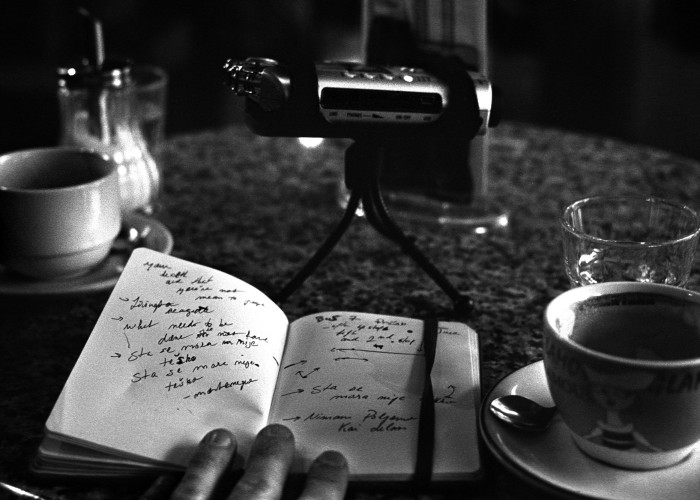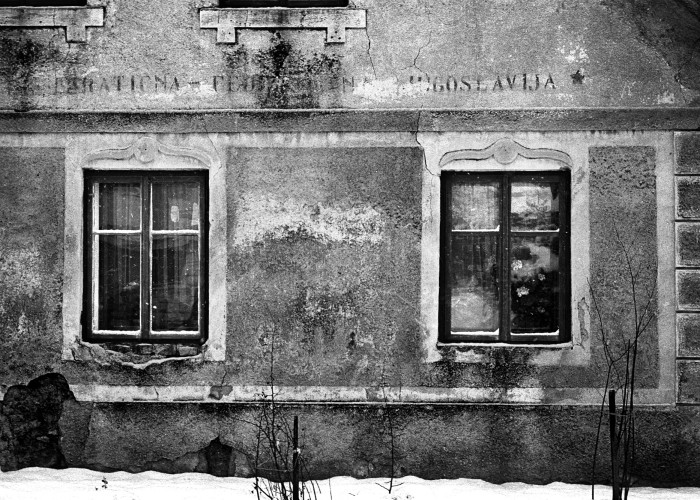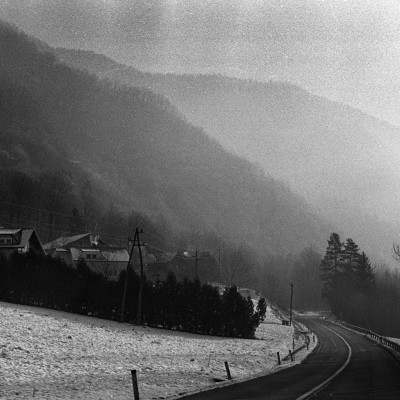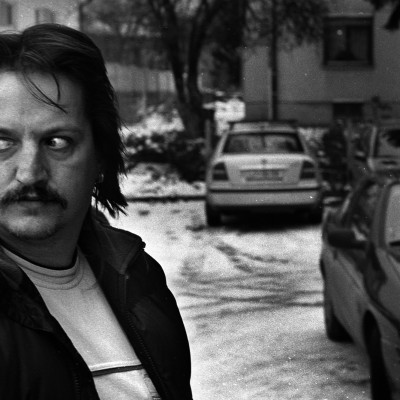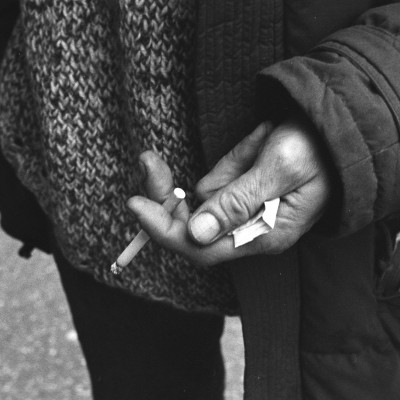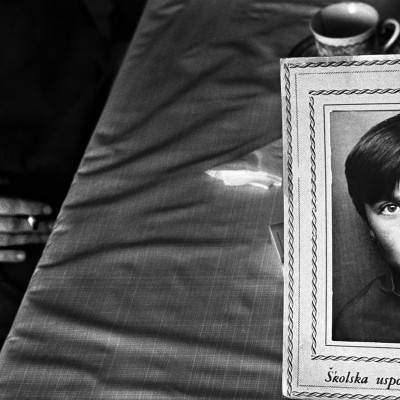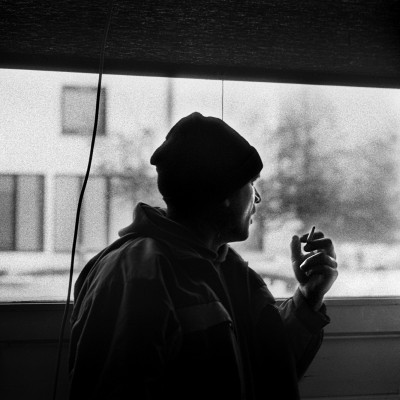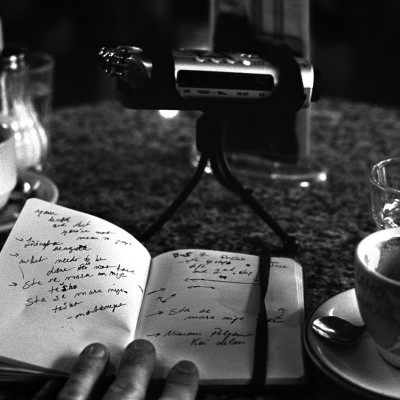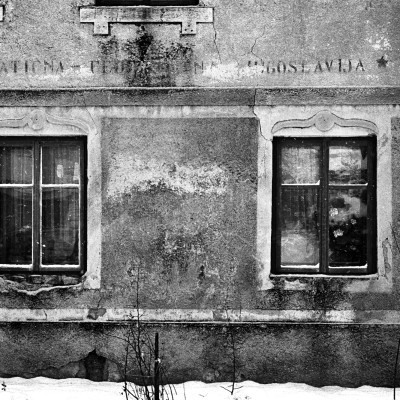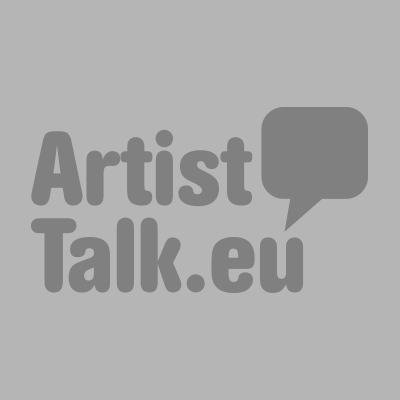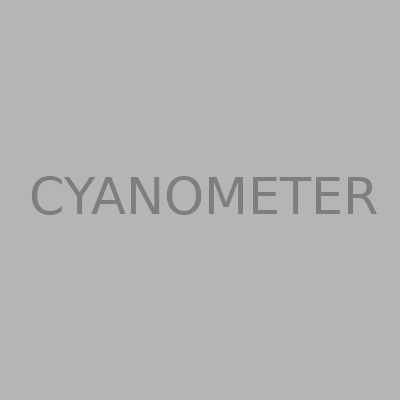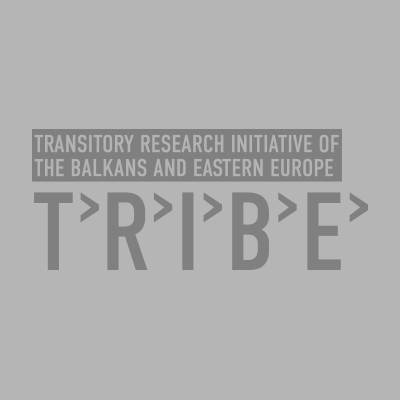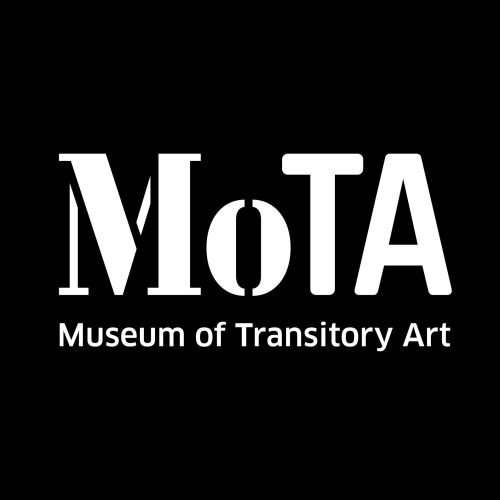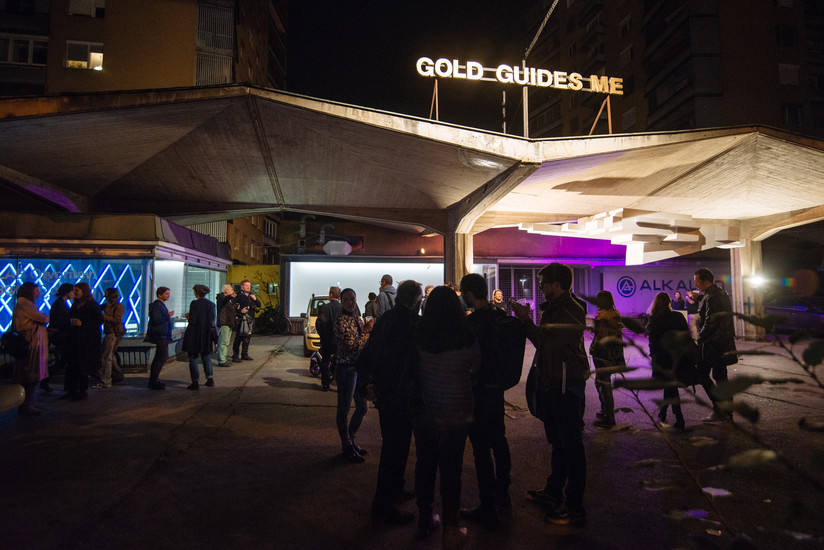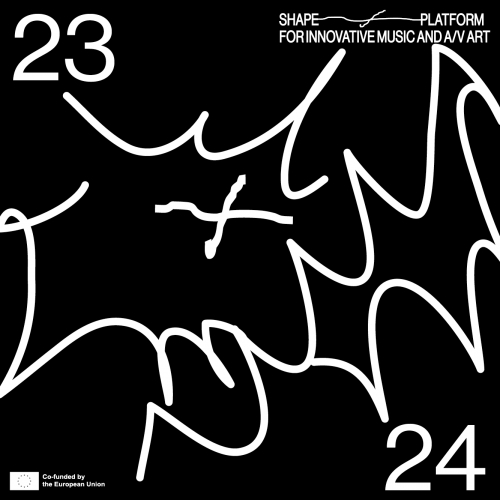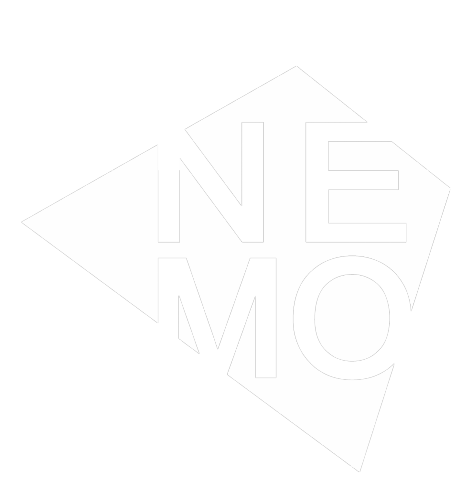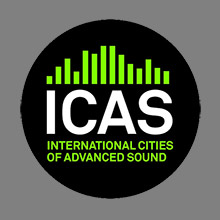Short description
Camouflage is a visual and sound research on depression and suicide that is an acute problem in Slovenia and a taboo. Jean Christophe’s photographic work involved direct interaction with the sick, with which he also organised workshops and talks. In the process he dealt with the thought that the core of depression is camouflage – understood as hiding from other people, but also hiding from oneself. He presented his work on an exhibition at Galerija Vžigalica (Ljubljana).
The documentary project Camouflage is about the notion of disguising oneself or hiding oneself from himself or herself. It represents the social unease, as well, as mental unease that can be derived from its environment and pressures from society. Being bi-cultural myself, my biography plays an important role in my introduction to the public in order to establish the feeling of the ultimate struggle of identity in the modern world. Camouflage is about Slovenia, a country that is in the top 5 in the world in committing suicide. Developing trends and annexation into Europe are some of the causes of distress in the population yet there are many theories, and approaches to these social phenomena. This documentary project studies the psychiatric system in Slovenia, doctors and its patients. It will be an organic comprehension of the subject at hand through the sharing of a communal condition. Photography and sound will be used as a means of illustration without interrogating the context of its production. Questions sought out during this process: What is an aesthetic experience in the context of illness, how do we interpret gestures and mannerisms within the confinement of its environment.
– Jean Christophe Couet
About the artist
Born in France, Jean Christophe completed an MFA from FAMU in Prague. After directing short films to support social campaigns for Fabrica , Benetton’s communications research center, he worked with Colors Magazine creating photographic essays and written articles on social themes—first in Eastern Europe, then in New York City. Whilst in New York, Jean Christophe joined Journeyman Pictures in 2001 to work on the film Maria Full of Grace. Shortly after the success of that film he continued on with Journeyman Pictures and joined forces with Plantain Films to work on the feature documentaryYou See Me Laughin’ as an associate editor. Film projects continued with Artists Public Domain, as an editor.
In 2007 Jean Christophe turned his attention back to art documentary photography and began a long-term project about transitional states in the Eastern Bloc. His work in Kosovo in 2007 and Abkhazia in 2008 was supported by UNICEF. The latter project was the winner of the Nikon award awarded by Kadir Van Lohuizen and John Novi. After his residency at MoTA, Kodansha publishing in Tokyo invited him to be a participant for the book project This Day of Change in 2009.

